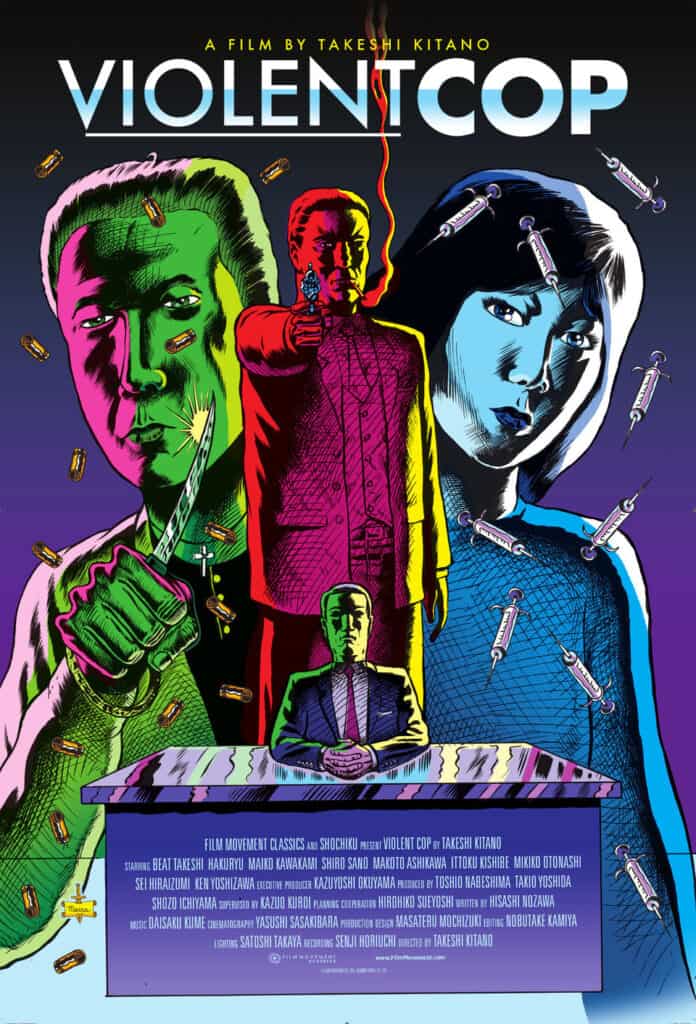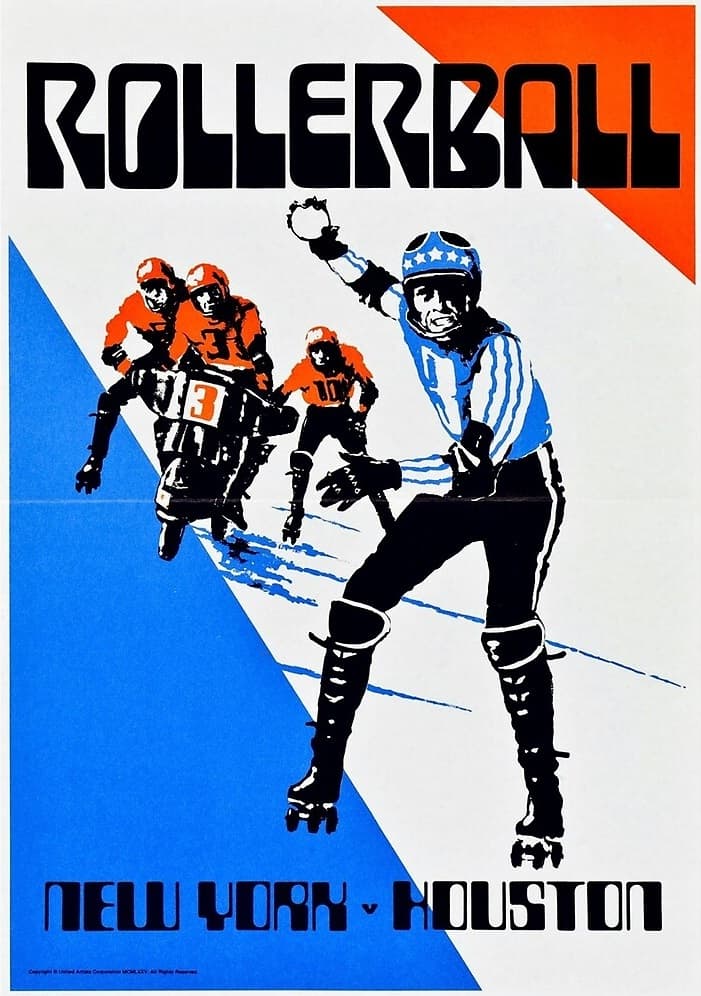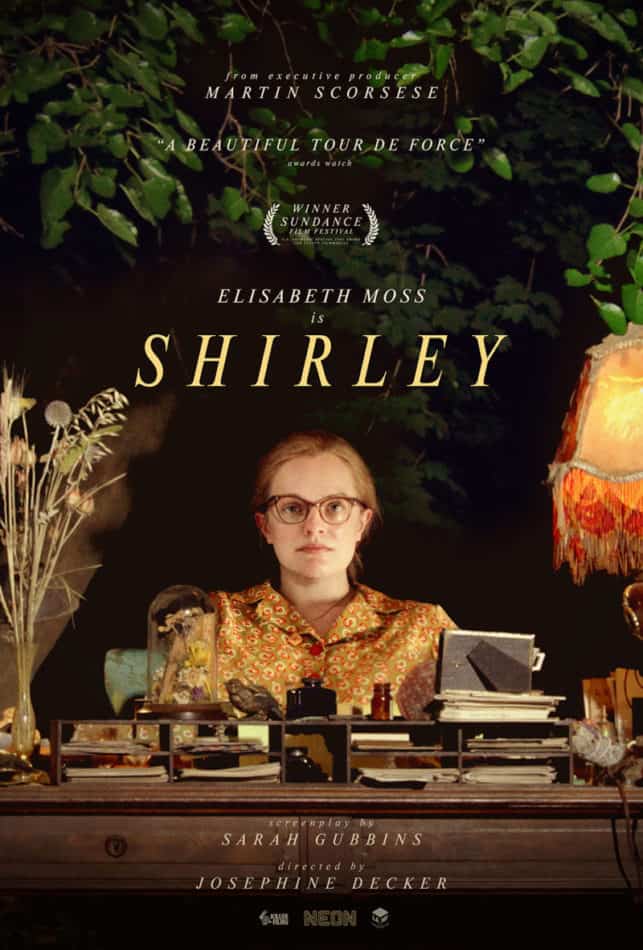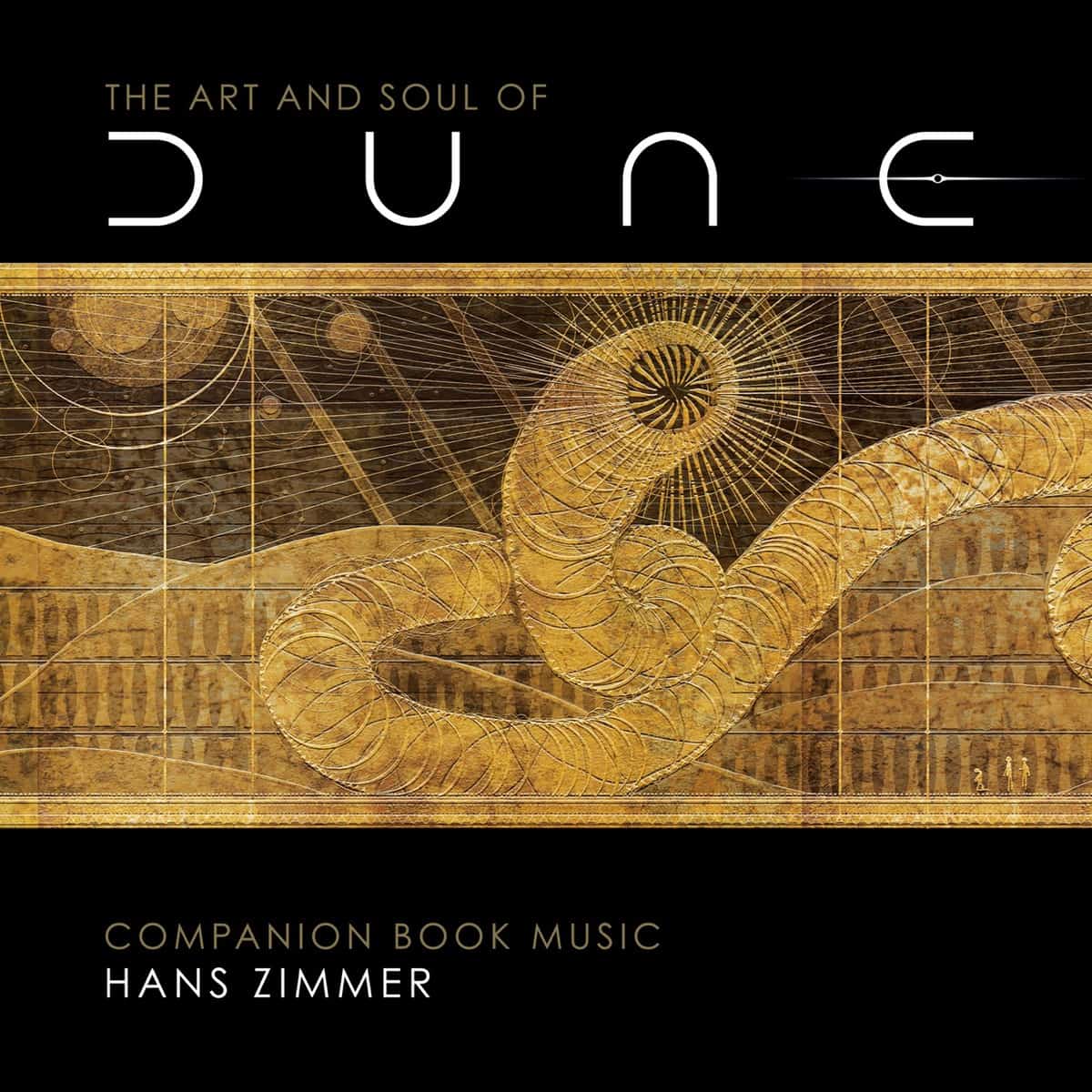
Tough-talking dirty cops, back-channel deals, bursts of bloody violence, and a wonky Mediterranean interpolation of Eric Satie’s “Gnossienne No. 1,” played on what might be a bouzouki. Nope, that combination doesn’t sound any less strange written out. It’s as impressive as it is surprising, then, that this cue, along with composer Daisaku Kume’s other inspired choices, manages to feel right at home in the gritty world of Violent Cop.
Violent Cop marks the directorial debut of acclaimed Japanese actor ‘Beat’ Takeshi Kitano, previously only known to me for his commanding presence in films like Battle Royale, Outrage,and the recent (not so great) Ghost in the Shell adaptation. The premise of a hard-boiled Japanese entry into the “bad cop” genre akin to Dirty Harry or Bad Lieutenant was plenty to pique my interest, but upon viewing I was surprised to find that it was the incredibly diverse soundtrack that left the greatest mark on this genre thrill-seeker.
Helmed by Daisaku Kume, also making his debut as a film composer,* Violent Cop’s original soundtrack zigs and zags faster than Kitano’s Detective Azuma shifts from stoically strolling the city’s street to beating some gangster to a pulp. From loungy jazz to slide guitar and synth atmospherics to classical cues, Violent Cop runs the gamut of sonic stylings in service of a compilation that thrives on keeping you guessing what will come next. Whether in the context of the film or as an independent listen (which for me comes via the excellent vinyl re-release of the soundtrack by the aptly named We Release Whatever The Fuck We Want label), the contradictions experienced from one cue to the next make for wonderfully dynamic listening and keep perfect pace with the shifts in the film’s characters and tone—which tend to swing wildly from icy-cool to explosive in a matter of frames.
While I encourage you to check out the soundtrack with virgin ears and experience the sonic surprises for yourself, I feel it’s only right to tease a few of the highlights. A standout is the main theme “Sono Otoko Kyōbō Ni Tsuki,” which has all the sappy jazz fixings that make a library music lover like me swoon. The cue recalls Bernard Herrmann’s legendary work on Taxi Driver, evoking a similarly provocative sympathy for problematic favorite, Detective Azuma, as Herrmann lended Travis Bickle. In contrast, “Kiyohiro’s Theme,” representing Azuma’s unhinged criminal counterpart (who also just so happens to love a bit of the old ultra-violence as much as Azuma himself), turns to drones and Japanese percussion to more harsh effect. Meanwhile, its sequel, “Kiyohiro’s Theme II,” sounds like it was dropped in off a blues compilation tape with sweet slide guitar licks—a nice representation of how unpredictable our villain is in any given moment. And that’s not to mention the baroque choral piece that makes its way onto the tracklist for a dash of divine intervention. See what I mean by sonic whiplash?
Really though, the pièce de résistance here is the unconventional use of Satie’s “Gnossienne No. 1” in “Azuma’s Theme” (and recalled again in the more synthy, atmospheric “Fear”). Reimagining this contemplative classic as Kume does is certainly… a choice, but one that pays off for its creativity and catchiness. The crisp electronic drums, fat synth bass, and totally out-there use of bouzouki (I think?) feel odd at first, until I realize I’m happily humming along each listen. Set against striking images of Detective Azuma strolling the streets with the swagger of a gunslinger in an outlaw town, the cue clues us into the Western influences that must have been on the filmmaker’s mind. Whether it’s the clashing of sounds within “Azuma’s Theme” or across the two “Kiyohiro’s Theme” cues, both effectively mirror the film’s thematic investigation into the wafer thin line between order and chaos—you know, that boring thematic stuff.
At any rate, I told myself I wanted to keep this review to about 500 words, so in the spirit of Violent Cop and its wonderfully wacky soundtrack, it’s time to suddenly shift gears and move on to the next thing. Let’s just hope the next thing I can offer is as dynamic, interesting, and enjoyable as the surprises Violent Cop’s soundtrack has in store.
About the Author: Hey, I’m Sam. I like violent movies with synth scores and listening to library music on the beach. My perfect idea for a date is taking a trip to 1970s Italy where I can stumble into a stylish murder mystery involving a black-gloved killer featuring music by Ennio Morricone. I live in Vancouver, B.C. and think too hard about what I write on my Letterboxd. Twitter: @mondosammi
*Editor’s Note: Kume was also the keyboardist in the late 70s fusion bands T-Square and Prism. T-Square is particularly notable because Koji Kondo has said that he was “inspired by” their track “Sister Marian” when writing the “Super Mario Bros. Theme.”



